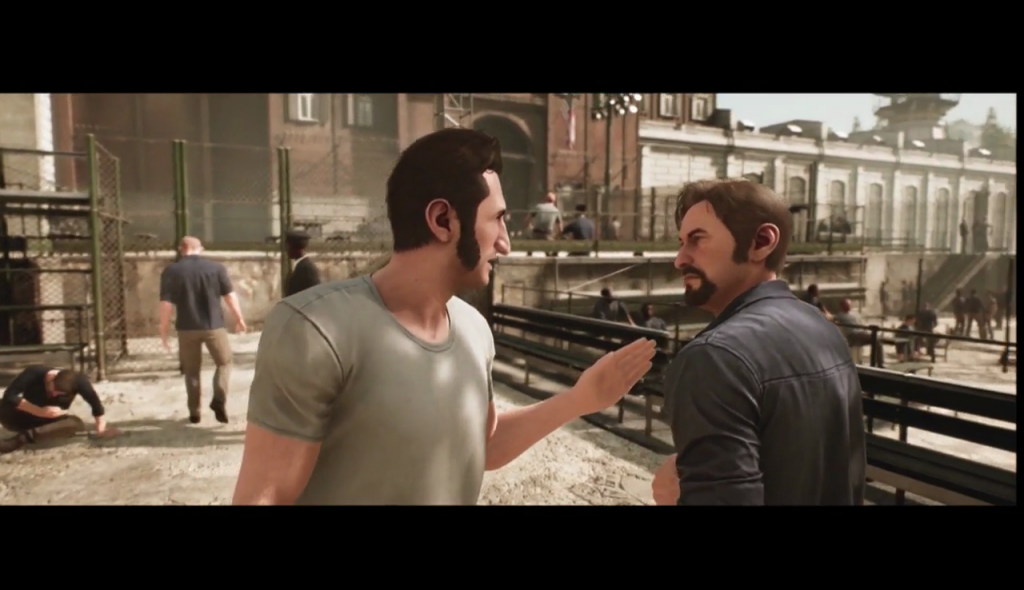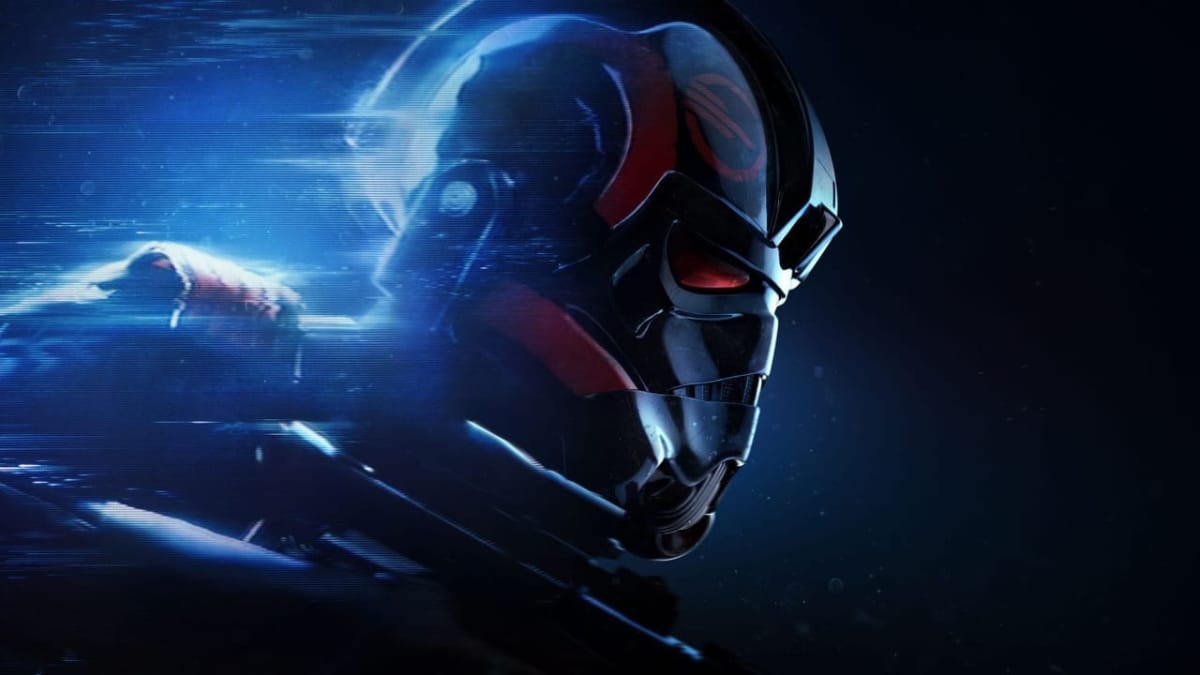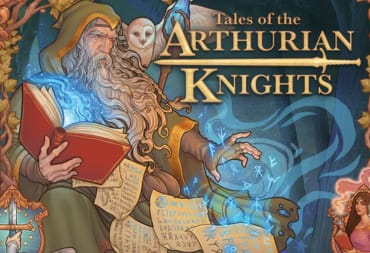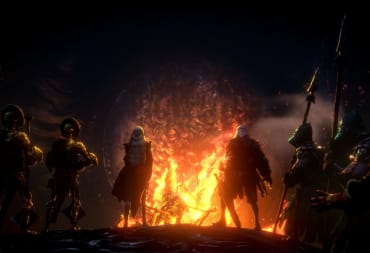Proportionately, EA debuted a lot of sequels this year during their EA Play event prior to E3. Of the seven or so games that were shown off by EA at EA Play and E3 2017, five were continuations of preexisting franchises, one was an indie game, and one was a new IP from BioWare that, from a purely conceptual standpoint, isn't all that revolutionary per se. As you can see, EA is playing it safe for the next year or so with so many sequels, which would mean that you more or less know what to expect from EA's upcoming releases, but there are still some fine details that may prove to be of some importance to potential consumers.
Perhaps the best example of this is in regards to EA's collection of upcoming sports and racing games. You can probably guess how FIFA 18, Madden NFL 18, NBA Live 18, and Need For Speed Payback are going to play with a high degree of accuracy, but that in itself raises an interesting point: what will differentiate these games from its predecessors and competitors? They will have better graphics to be sure, but what of genuinely new and unique features and each games' respective microtransaction models? EA may have a virtual monopoly on sports games, but that doesn't mean that sports fans should be treated to games where the only major difference is in the game's title and certainly not when people are already wary of anything that sounds even remotely like unfair or exploitative microtransactions.
Speaking of microtransactions, EA made it very, very clear that Star Wars Battlefront II will not have traditional DLC packs, but will instead rely on Overwatch-style post-launch content whereby everyone gets free maps and whatnot to prevent splintering the playerbase. Of course, this means that you will probably be able to buy cosmetic items and things of that nature, but what kind of impact will that have on the game as a whole, or perhaps more specifically, can EA truly commit to such a business model without sacrificing quality? After all, Battlefield 1 relies on traditional DLC packs, and while Titanfall 2 may have free DLC a la Overwatch, its DLC doesn't really feel "fresh" considering how most of it consists of maps from the first Titanfall. Furthermore, assuming that you will be able to buy "shortcut bundles," which will effectively unlock everything in the game for a hefty price, how quickly, consistently, and thoroughly will Star Wars Battlefront II be balanced to ensure that it doesn't become a "pay to win" game?
Similarly, Anthem, BioWare's newest IP, will be EA's first step into a relatively new direction. While EA is no stranger to developing and publishing multiplayer games, and BioWare certainly has some experience in creating sci-fi RPGs, Anthem's shared open-world multiplayer nature is something that neither EA nor BioWare has any recent experience in. Given that two similar high-profile games, Destiny and The Division, have demonstrated that such games require a whole slew of post-launch end-game content and support to keep their audiences happy, has EA been taking notes on the strengths and weaknesses of the genre? There are a number of more specific concerns that Anthem's prospective audience might have, but it all boils down to whether or not EA has been paying attention to why Destiny and The Division have experienced rapid fluctuations in audience sizes; everything else, such as DLC, raids, and so on, mean nothing if the audience ends up leaving because all the end-game enemies turn into bullet sponges or if people have to kill one boss over and over again only to have to fight a dozen layers of RNG to get anything that even resembles good loot.

With all the sequels and safe bets that EA showed off at E3 2017, it was a bit of a mild surprise that EA's biggest wild card was A Way Out, an indie game that can only be played with another person. That's right, you can only play "Shawshank Redemption Simulator" with another human being, and it is always a split screen experience with no exceptions. On paper, that sounds fine and all if you're targeting a niche audience, but even so, what happens if your co-op partner drops from the game? How about if your co-op partner just gives up on the game halfway through? People may have been clamoring for couch co-op experiences lately, but will A Way Out have some kind of backup mechanism that prevents you from purchasing a game that is literally unplayable if your real life friends don't want to play and you just can't find someone to play with online who isn't a "troll"? These are real, conceivable problems that must be addressed if A Way Out is to have any appeal whatsoever outside of those relatively fortunate few who can always call upon a reliable co-op partner whenever they want to play the game.
Naturally, you may have some questions of your own for EA, seeing as how some people don't exactly hold EA in high regards, but reasonable questions should never be considered a bad thing. Perhaps you would like to know about EA's prospective post-launch calendar for Anthem or Star Wars Battlefront II so that you can get an idea of how long you should wait between content drops, or maybe you are wondering "Just how long is A Way Out?", or you may even want to ask, bluntly, "Why should I buy your games, EA?" In any case, regardless of the questions you may have, it may be a good idea to keep an eye on EA and their announcements, as they seem to be paying some degree of attention to feedback lately; who knows, they might even say something that would pique your interest in their products.
Do you have any lingering questions from EA's E3 2017 announcements? Let us know in the comments below!
Have a tip, or want to point out something we missed? Leave a Comment or e-mail us at tips@techraptor.net













